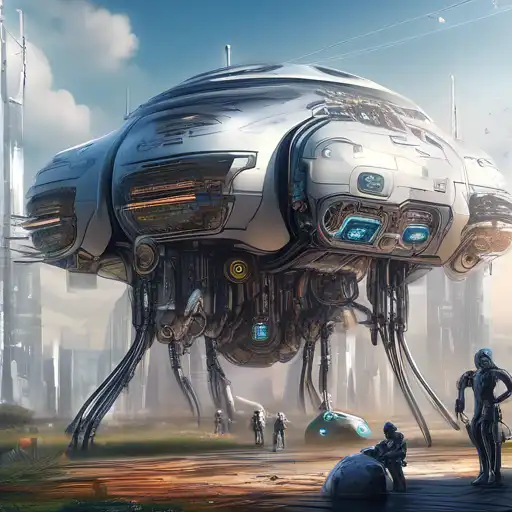Introduction to the Current State of AI
Artificial Intelligence (AI) has transitioned from a futuristic concept to a present-day reality, influencing every sector from healthcare to finance. This article delves into the advancements and potential future directions of AI, offering insights into how it's shaping our world today.
The Evolution of AI Technologies
From simple algorithms to complex neural networks, AI has undergone significant evolution. Today, technologies like machine learning and deep learning are at the forefront, enabling machines to learn from data and improve over time.
AI in Everyday Life
AI's integration into daily life is undeniable. Virtual assistants, personalized recommendations, and autonomous vehicles are just a few examples of how AI technologies are becoming indispensable.
The Future Prospects of AI
As we look ahead, the potential of AI seems boundless. Innovations in AI could lead to breakthroughs in solving complex global challenges, such as climate change and disease eradication.
Challenges and Ethical Considerations
Despite its potential, AI's rapid development raises important ethical questions and challenges, including privacy concerns and the risk of job displacement. Addressing these issues is crucial for sustainable progress.
Preparing for an AI-Driven Future
To harness AI's full potential, investing in education and policy frameworks that promote ethical AI use is essential. Collaboration between governments, industries, and communities will be key to navigating the future of AI.
Conclusion
The journey of AI is just beginning, with its future shaped by today's innovations and decisions. By understanding its current trajectory, we can better prepare for the transformative impact of AI on society and the economy.
For more insights into the world of technology and innovation, explore our technology section.
